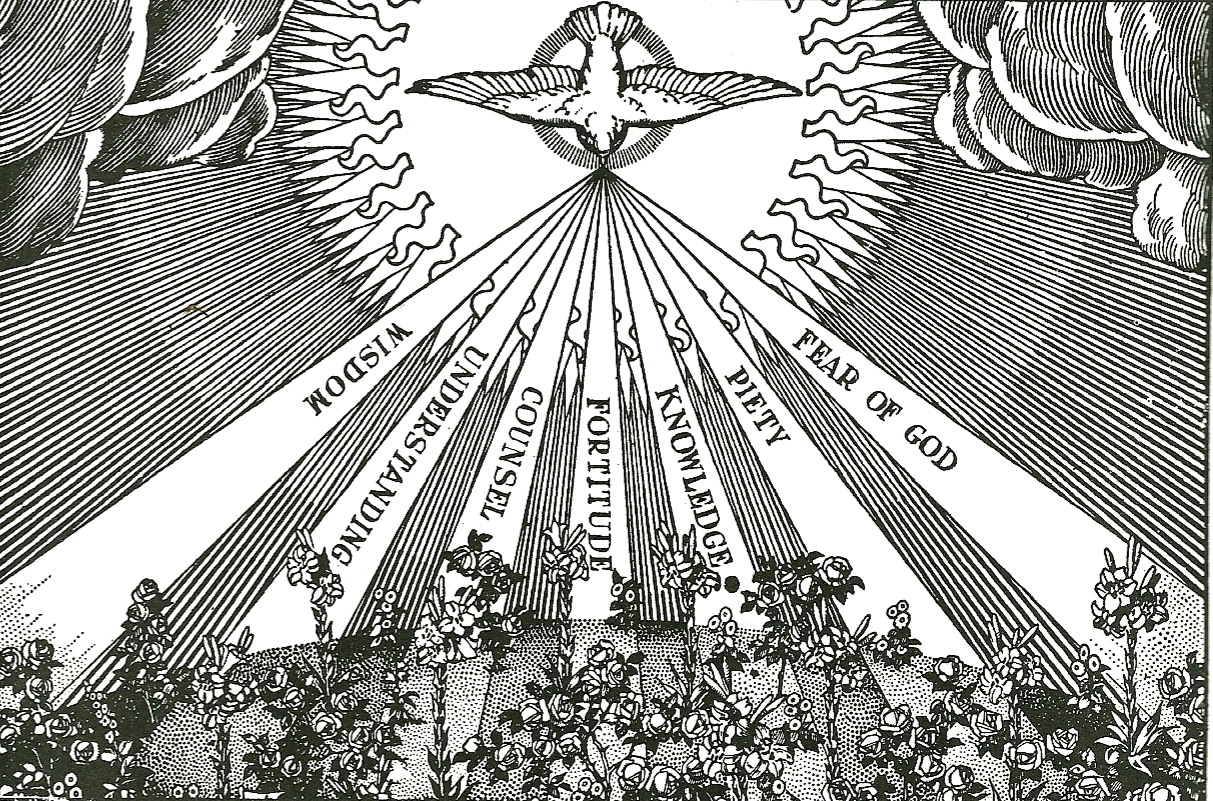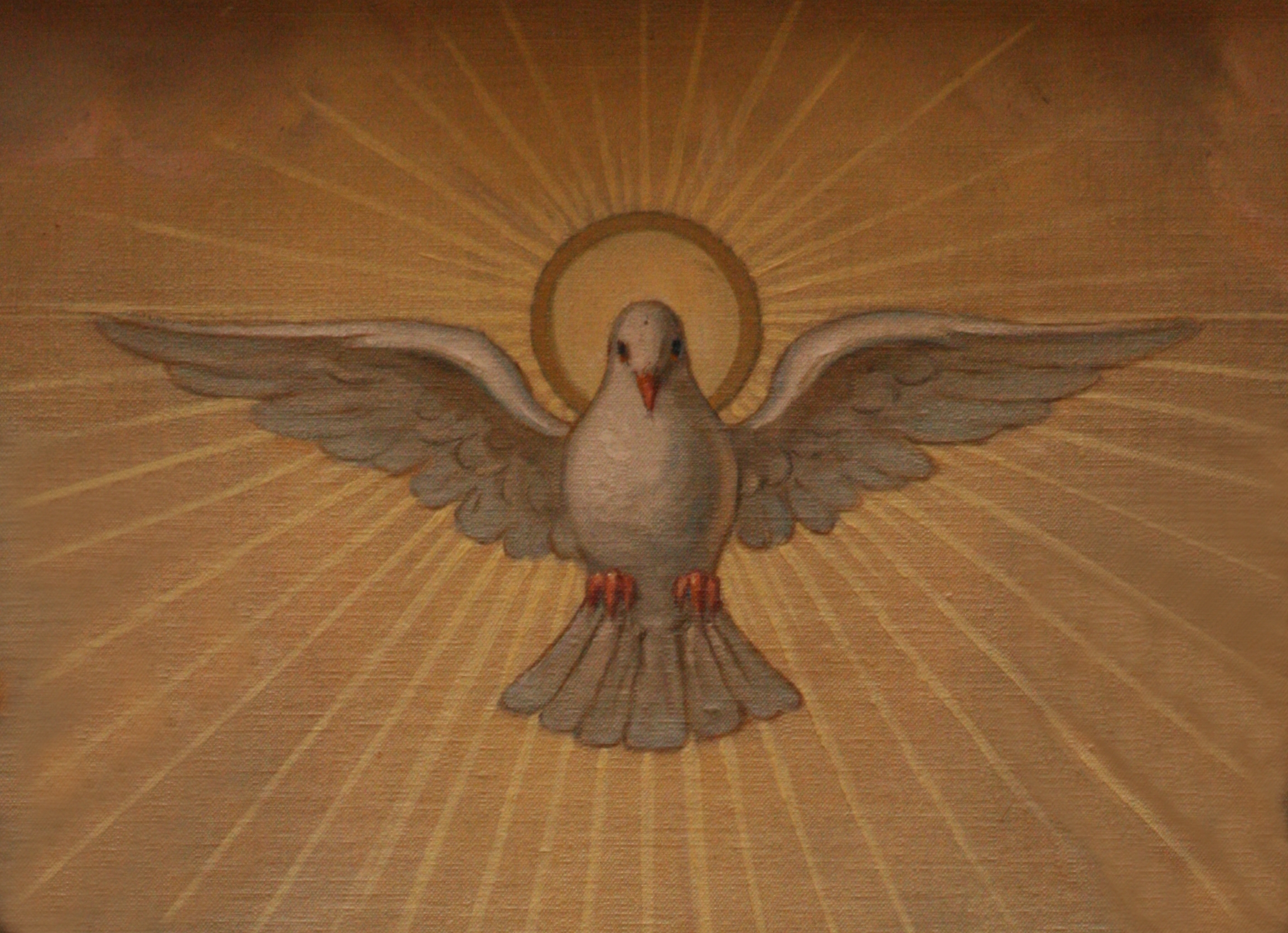Background a Crucifix
Forefront the Eucharist
Here am I
Here
I
Am
Fully present
Adoring aware
Transfixed staring
Removed from the world
Silently reposed
Cleverness collapsed
Intellect annihilated
Willing to be dumb
No more bright ideas
Eradicated schemes
As quiet as a mouse
Still
Knowing enough is enough
Lord
Fill me to overflowing
I say know thy self. Understand there will never be a shortage of people willing to throw themselves into the limelight and attention of obsessively active lives. There will always be a shortage of people willing to recede, dedicating themselves to lives of prayer and contemplation, silently and secretly turning to God.
A quote I borrow from Contemplative in the Mud. It precisely states a personal conviction and dedication
“A soul who has this spirit of prayer [contemplation] does more work in one hour than another, who is without it, will do in many; and her work done, she hastens to converse with her God, for this is her repose”. —Saint Jane Frances de Chantal
St Jane de Chantal was therefore reduced to such a state that nothing on earth could afford any comfort, excepting the thought of death, “It is now forty-one years that temptations have been overwhelming me,” she said one day. “Ought I therefore to lose courage? No! I am determined to hope in God even though he should kill me and annihilate me forever.” She added these humble and magnificent words: “My soul was a piece of iron so rusted with sin that it needed this fire of Divine Justice to burnish it a little.”
“In the state of abandonment,” writes St Alphonsus, “Her one rule of conduct simply to look at God allow him to act. She always exhibited a cheerful countenance, was pleasant in conversation and kept her eyes continually fixed on the lord, reposing in the bosom of his adorable will. Saint Francis de Sales, her director, knowing how beautiful this soul was in the sight of God, compare her to a deaf musician who produces exquisite music, yet can derive no pleasure therefrom. He wrote to her as follows: ‘You must manifest an invincible loyalty towards the savior, serving him not alone without satisfaction but under the cruel oppression of sadness and fear.’ Later on, Mother de Chantel gave this prudent and virile counsel: ‘Never speak of your troubles either to God or to yourself. Do not scrutinize them. Keep looking at God and if you can speak to Him, speak to Him only of Himself.’. —Abbot Vital Lehodey, ‘The Way That Leads to God’.

Intense words from St Jane de Chantal. It reminds me of a recent extremely heated and emotional confrontation I was a part of, a situation that exhausted and defeated to the deepest depths. The healing necessary to love God on the deepest level, to bring about holy unification, the synchronization of individual will with Divine Will, occurs absolutely within the natural and daily realm. It is warfare. Generalizing, the extended confrontation involved myself being wounded within a complex situation. Creating overwhelming emotional turmoil, I found myself tuned through Eucharistic adoration, mass, the receiving of the Eucharist, and participation amidst a splendid congregation and my favorite Poor Clares. Something of note I want to stress is that St Jane de Chantal’s words are more than intellectual wisdom, more than an entertaining pursuit. They are difficult words to embrace, bringing fruition only through struggle. To advance upon the contemplative path they must become a daily reality. The sadness and fear she worked through as she concentrated her focus upon God are stark and harsh daily realities to be warred against, individual warfare to the extreme. The gifts of the Holy Spirit are the weapons able to provide progress.
The words St Jane de Chantal writes attain profoundness, able to shower graces, when lived. If intellectualizing about the spiritual life is just that, solely an exercise in cleverness, it is sheer pride, vanity of vanities. To read, comprehend, and admire winged words means nothing if they do not assist us in growth. The reason I point this is out is that during my recent confrontation a remark was made that I find enlightening, one that must be understood. Stressing that a certain act I made was soundly grounded in faith, hope, and charity–making the assertion several times, I was rebuked with the sarcastic comment associating my words as cartoonish. The insinuation being that the ideals pursued during my deepest religious efforts were really not applicable in tremendously challenging and complex psychological moments, including a moment when individual brokenness of two authentically religious pursuing human beings came into severe conflict. The implied message that during extreme difficulties religious ideals are actually humorous if applied is enlightening. The dramatic dark undertone defining the religious life, and therefore God, as purely idealistic. During the most difficult of moments–beyond self-will, involving individual damage, psychological distortions that are self-inflicted and inflicted by others reaching back to earliest childhood, while always under the watchful tending of God, to the care of Mary, the times St Jane de Chantal describes as presenting her with death as a tender mercy, these brutally problematic times must not be a time of abandoning the virtues and the gifts of the Holy Spirit.
The gifts of the contemplative spirit: wisdom, understanding, and knowledge/piety prove essential in shaping our foundation for employing the active gifts in our daily life, thus the expansion of the virtues within, providing greater contemplation. The natural life properly, penetratingly, and curatively cared for produces immense spiritual growth. It demands individual responsibility, and thus accountability. It is a matter of our doing. Let’s take inspiration from David’s slaying of Goliath. The contemplative gifts are the weapons, the stones waiting in David’s pouch, to be utilized in warring against our Goliaths the deepest parts of ourselves that are not only interiorly wounding, but also dangerous to those who dare to love us. We are not David. We do not kill our Goliath with the one stone of charity. We must utilize all the stones in our holy pouch. We must not fall away from the gifts of God during personal warfare. As St Jane de Chantal declares: ‘No! I am determined to hope in God even though he should kill me and annihilate me forever’. David rejected the armor of Saul, the softer easier path of the worldly. It is during our most severe struggles that we must be drawn to that which is holy, to that which is above, striving for that which I know in my heart I should be. It is why the saints are vital to the spiritual life. The saints not only provide wisdom, they give example.
The saints did not seek out the softer easier way. A natural tendency is to be drawn away from the difficult, the truly redemptive, seeking comfort in things that are not holy, opting for the shallowness of worldly things and people who do not aspire toward God. It is important to recognize the opposite softer easier path that being the path of spiritual gluttony, avoiding personal growth through excessive involvement in religious matters. To over indulge is just as dangerous as being drawn away from the holy. If I seek the holy for wisdom, while ignoring piety, not on an evil level, but on a level of avoiding the most hurtful growth, I am not expanding my faith, hope, and charity through the gifts of the Holy Spirit. If God has placed holy things in my life and I am drawn to unGodly, not evil but shallow, superficial people, places, and things I am embarking upon a wayward path, especially if I have dedicated my life to the deeper calling of a contemplative in the world. An immature spirituality seeks out that which possesses no serious depth or maturity. While embracing the ordinary, not seeking self-inflicted austerities–for such austerities are spiritual gluttony rather than redemptive, I must be able to embrace the difficult. With respect to eternity, the narrow harder path is truly the softer easier path.
St John of the Cross provides spiritual guidance: Strive always to choose not that which is easiest, but that which is most difficult, not that which is most delectable, but that which is most unpleasing; not that which gives most pleasure, but that which gives no pleasure. To choose not that which is restful, but that which is most worrisome; not that which gives consolation, but that which gives no consolation; not that which is greatest, but that which is least; not that which is loftiest and most precious, but that which is lowest and most despised; not that which is a desire for anything, but that which is a desire for nothing. To go about seeking not the best things but the worst. And to have detachment and emptiness and poverty, with respect to that which is in the world, for Jesus Christ’s sake.







Recent Comments